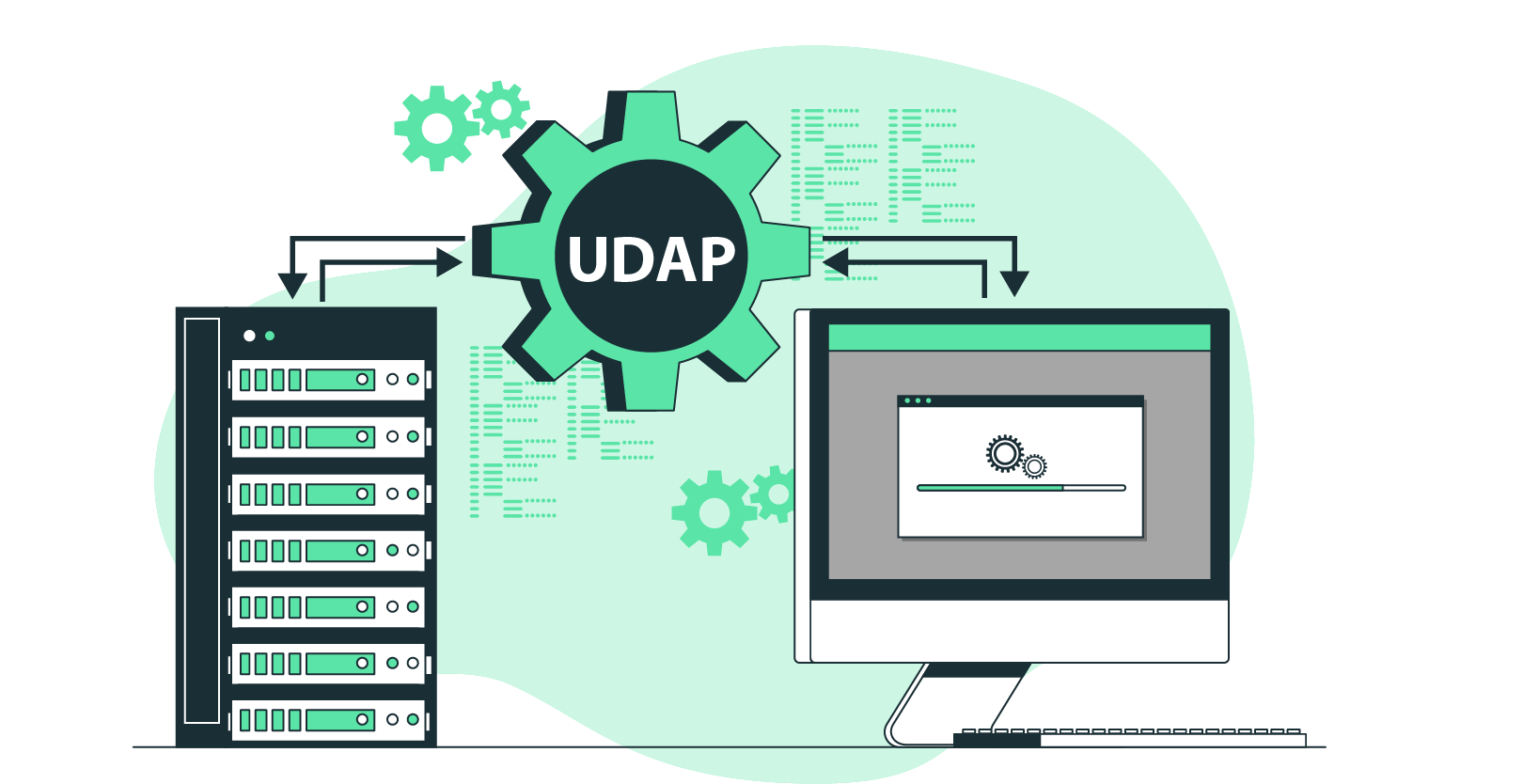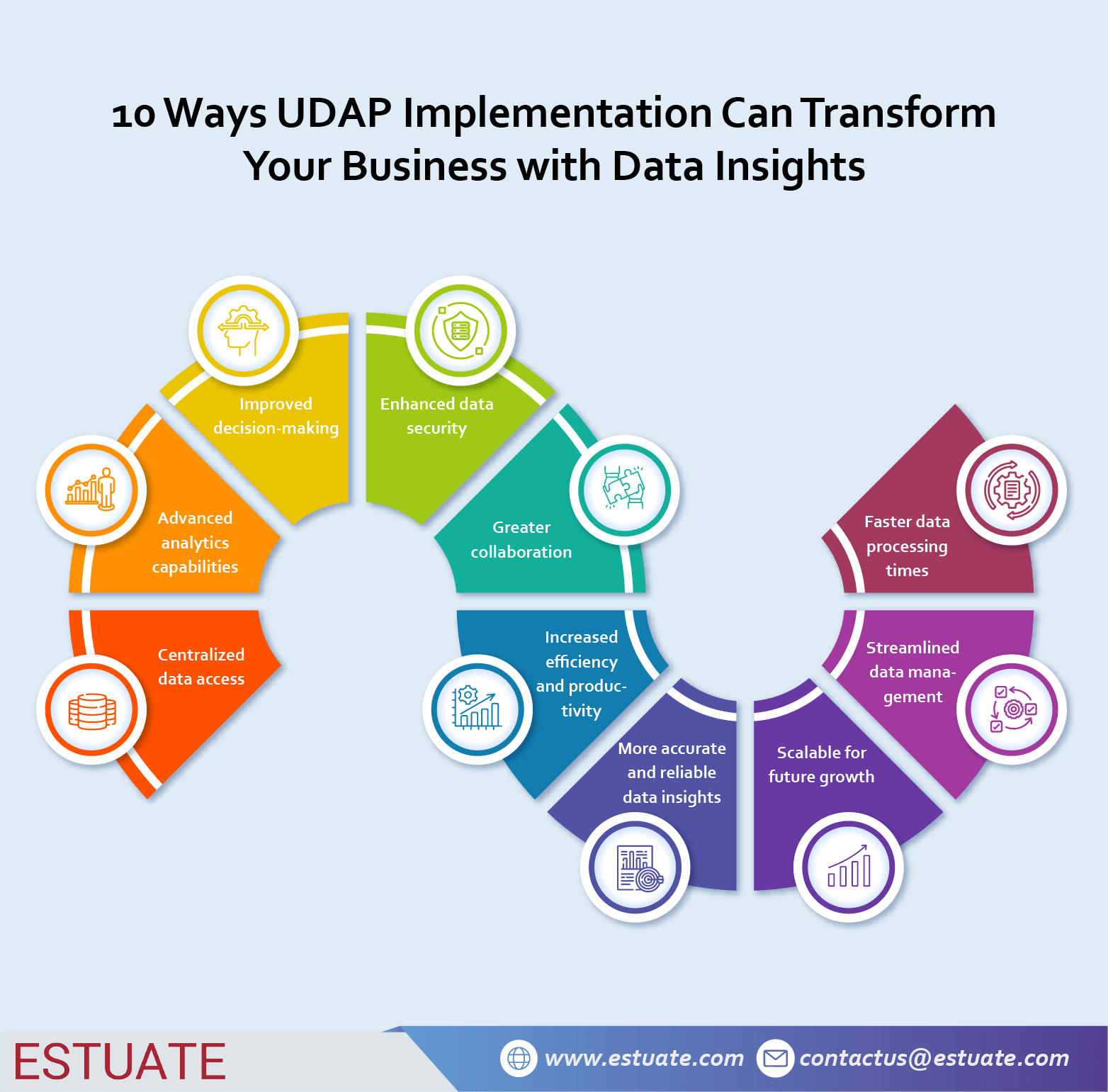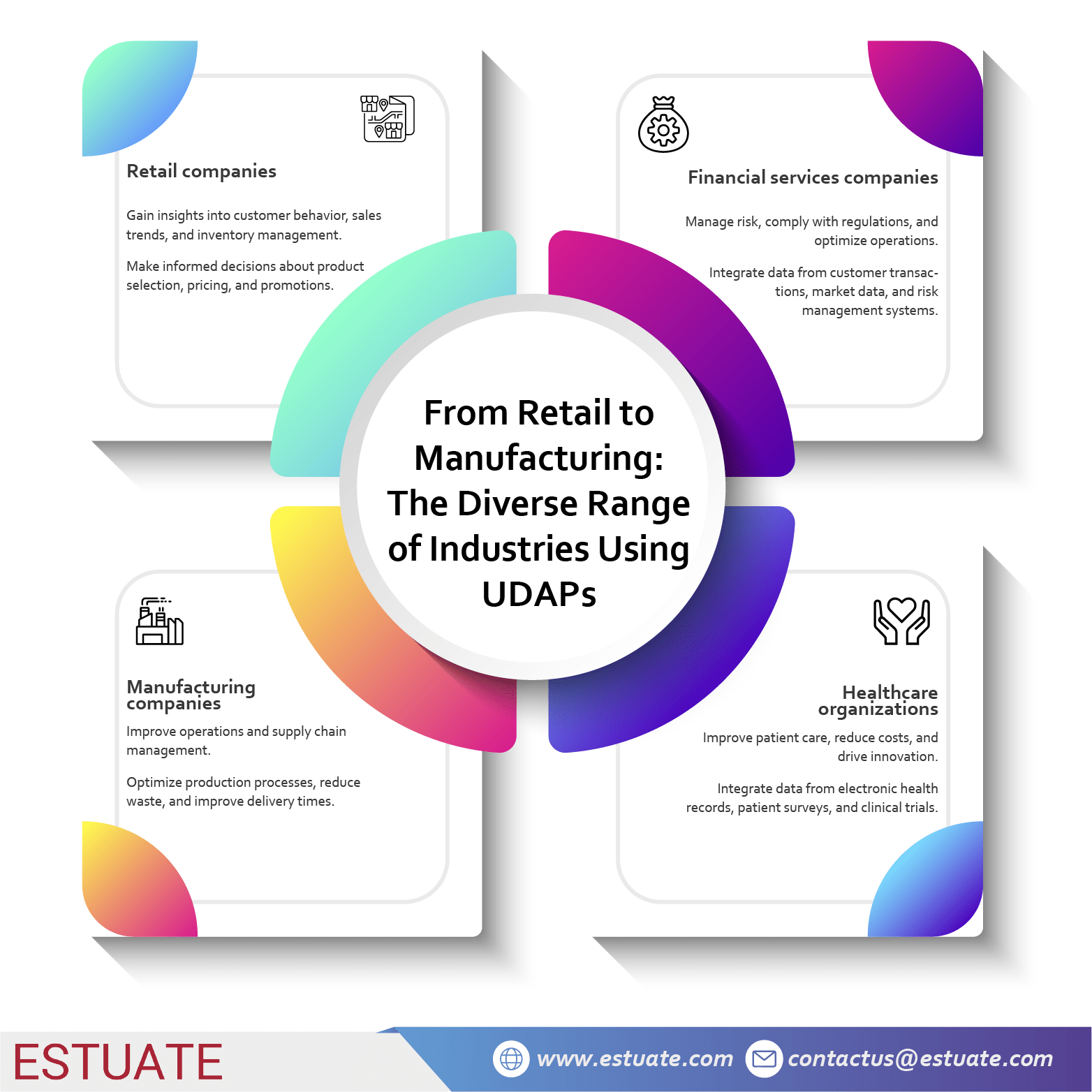
In today’s data-driven world, businesses generate vast amounts of data from various sources, such as social media, customer interactions, and sales transactions. Enterprises need a powerful analytics platform to make sense of this data and gain valuable insights. A Unified Data Analytics Platform (UDAP) can help organizations aggregate data, analyze it in real-time, and generate actionable insights. In this blog, we’ll discuss the benefits of a UDAP and why your business needs one.
A Unified Data Analytics Platform (UDAP) can unlock deeper insights from your data, empower data-driven decision-making, and drive business success.
Here are some key benefits of implementing a UDAP in your business:
Improved data accessibility
A UDAP makes accessing and using data from multiple sources easier for your business. By centralizing all of your data in one place, a UDAP can simplify accessing and organizing data, making it more readily available for analysis and decision-making.
Enhanced data analysis
A UDAP can provide advanced analytics capabilities, such as machine learning and predictive modeling, allowing your business to unlock deeper insights from your data. This can help you uncover hidden trends and patterns, forecast future performance, and optimize your operations for maximum efficiency and effectiveness.
Greater collaboration and decision-making
A UDAP can enable greater collaboration and data-driven decision-making across your organization. A UDAP can empower all team members to explore and analyze data, regardless of their technical expertise, by providing a user-friendly interface and intuitive visualizations. This can help your business make better decisions based on data rather than gut instincts or assumptions.
Enhanced data security
A UDAP can provide enhanced security for your business’s data. With features such as encryption, secure data transmission, and access controls, a UDAP can protect your data from unauthorized access and ensure the integrity and confidentiality of your data.
In summary, a UDAP can offer many benefits for your business. By centralizing and enhancing your data analytics capabilities, a UDAP can help you gain a more comprehensive and actionable view of your data, enabling you to make better decisions and drive business success.

UDAP Implementation: 10 Key Benefits
From Retail to Manufacturing: The Diverse Range of Industries Using UDAPs
A UDAP (unified data analytics platform) can be useful for companies of all sizes and industries. Some potential examples of companies that might benefit from a UDAP include:
Retail companies
A UDAP can help retail companies gain insights into customer behavior, sales trends, and inventory management. By integrating data from multiple sources, such as point-of-sale systems, customer databases, and market research, a UDAP can enable retailers to make more informed decisions about product selection, pricing, and promotions.
Financial services companies
A UDAP can provide valuable insights for financial services companies like banks, insurance companies, and investment firms. By integrating data from multiple sources, such as customer transactions, market data, and risk management systems, a UDAP can enable financial services companies to better manage risk, comply with regulations, and optimize their operations.
Manufacturing companies
A UDAP can help manufacturing companies improve their operations and supply chain management. By integrating data from production systems, logistics networks, and customer orders, UDAP can enable manufacturers to optimize their production processes, reduce waste, and improve delivery times.
Healthcare organizations
A UDAP can be useful for healthcare organizations, such as hospitals, clinics, and insurance companies. By integrating data from electronic health records, patient surveys, and clinical trials, a UDAP can enable healthcare organizations to improve patient care, reduce costs, and drive innovation in the healthcare industry.

UDAPs in Different Industries
The Leading Companies in UDAP Technology
Many companies offer UDAP (unified data analytics platform) solutions for businesses. Some examples of UDAP providers include Incorta, Domo, Tableau, and Microsoft Power BI. These companies offer a range of UDAP solutions with varying features and capabilities, such as real-time data analysis, advanced analytics, and integration with other business systems. It is crucial for businesses to carefully evaluate their needs and compare different UDAP providers to find the solution that best meets their requirements.
A UDAP from Incorta can provide several benefits for businesses. Some potential reasons why a company might choose Incorta for their UDAP include:
Real-time data analysis
The Incorta UDAP offers real-time data analysis, allowing businesses to make timely and informed decisions based on their data. This can be particularly useful for companies that must respond quickly to market or industry changes.
Advanced analytics capabilities
Incorta’s UDAP offers advanced analytics capabilities, such as machine learning and predictive modeling, allowing businesses to unlock deeper insights from their data. This can help companies gain a more comprehensive view of their business and make more accurate predictions about the future.
Integration with other systems
The Incorta UDAP can be integrated with other business systems, such as CRM and ERP systems, providing a seamless and comprehensive view of data across the organization. This can help businesses make more informed decisions based on a complete and accurate picture of their data.
Cloud-based service
Incorta’s UDAP is a cloud-based service allowing businesses to access their data from anywhere with an internet connection. This can provide greater flexibility and scalability and the ability to access data from multiple locations and devices.
As a trusted partner of Incorta, Estuate can help businesses of all sizes and industries to implement and use a UDAP (Unified Data Analytics Platform) to gain valuable insights from their data. Our team of experienced consultants can provide a range of services, including consulting, implementation, training, and support, to help businesses leverage the full potential of a UDAP solution.